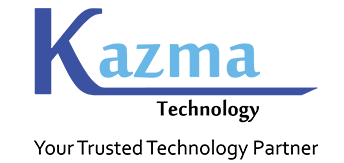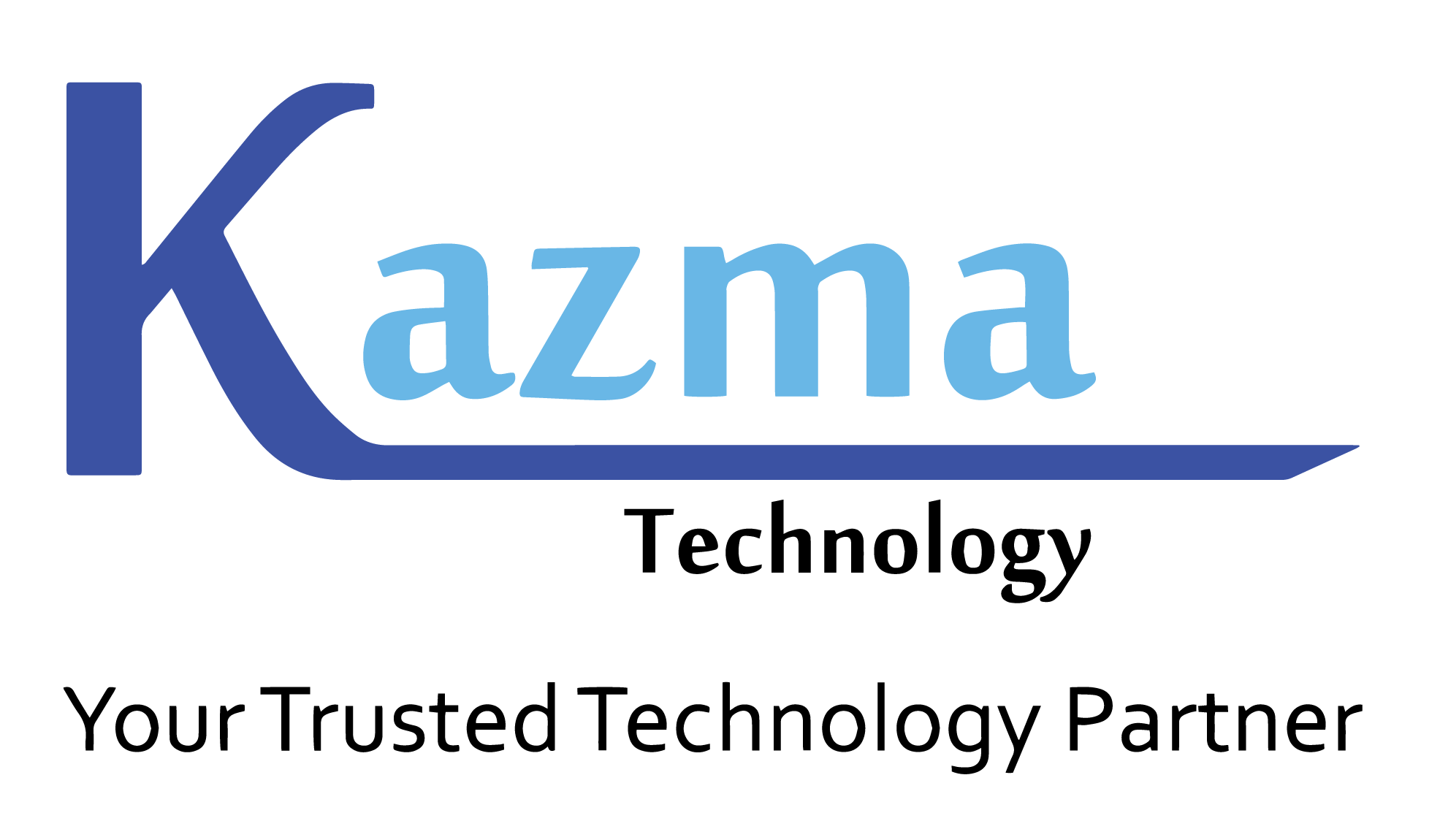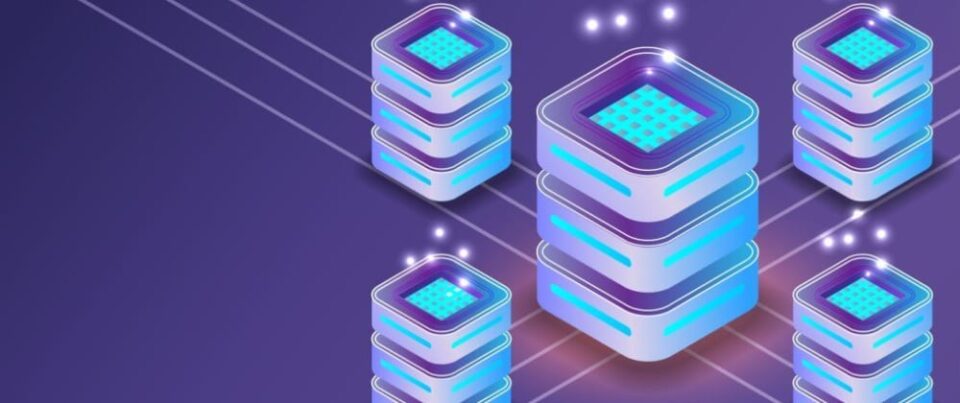Hadoop and NoSQL for Data Storage and Management
Managing Big Data Using Hadoop
Hadoop is an open-source framework used to store and processes big data. Being a distributed file system it allows concurrent processing and fault tolerance by storing data on inexpensive commodity servers that run as clusters. Hadoop is adopted by organizations to manage and analyze Big Data in a structured and unstructured format. In this digitally evolving world, with a lot of data being analyzed every minute, Hadoop has become the go-to data management tool for businesses. A lot of top-tier organizations include Hadoop in their operations for efficiency.
Storing and analyzing a massive amount of data coming from a variety of sources becomes an unmanageable and unachievable task. Hadoop helps companies solve this problem by managing raw data efficiently and cost-effectively, performing robust analytical data management and analytical tasks. Behind this ability of Hadoop lies the contribution of core components that influence the activities of Hadoop as necessary. Organizations typically limit themselves from collecting different forms of data. Thus, with Hadoop, organizations can store any desired form of data, irrespective of its structure. It gives organizations more room to gather and analyze data to gain maximum insights on market trends and consumer behaviors.
Hadoop proves to be a cost-effective option because it is open-source in nature. Hadoop tools are highly efficient in collecting and processing large amounts of data. They are known to be cost-effective measures for storing and processing a huge pool of data. Organizations can remarkably save by applying Hadoop tools. Data storage that could cost up to $50 thousand will only cost a few thousand by applying Hadoop tools. According to researches, there is going to be increased adoption of Hadoop in the coming years. Rather than replacing other databases, Hadoop will become an important part of data ingestion in the digital world.
Major Business Benefits of Hadoop
Hadoop is playing a notable role in today’s life. Any sector can adopt this technology as per business requirements. Below are the uses and benefits of Hadoop.
- Customer’s Requirement Understanding
Sectors like Finance, Telecom, Retail, and E-com, etc. can make use of Hadoop to find out the requirements of the customers by analyzing bid amount of data and extracting important information from these large amounts of data. Thus, businesses can use this technology to find out the exact customer for their product. They can also keep a keep a track of users for their previous journey according to the information collected and based on the customer interest, organizations can provide better recommendations to their customers.
- Understanding and Optimizing Business Processes
Hadoop can optimize the performance of the company in various ways. For example, an E-com can customize its stocks using predictions came from different sources, and based on this company can make the best decision to improve their business. Many organizations use this technology to monitor the behaviour of their employees. This helps lots to take HR decisions in case of issues between the employees.
- Future Proof
Since Hadoop allows concurrent processing by storing data on inexpensive commodity servers that run as clusters, when data is sent to a particular node in a cluster, it allows for the data to be replicated to other nodes in the cluster. So, even if the data gets lost or destroyed, there will always be a copy available on the other node.
- Complete Security and Authentication
Hadoop restricts access to only the trustworthy employees of the organization. Thus, ensures the extensive security of the system. The security parameters if Hadoop works like a shield against threats from outsides. By using Hadoop, organizations can always ensure safety in their operations when compared with enterprises that use rudimentary methods for security.
What is NoSQL?
NoSQL also referred to as Not Only SQL is a different framework of databases. The requirement to analyze data in huge volumes, coming from variety of sources has given rise to NoSQL. It can be used in real-time data analysis and IoT. Many organizations are deviating towards NoSQL as a cloud-friendly solution to their big data challenges. The choice between NoSQL and relational DBMS (RDBMS) depends upon your business’ data requirements. NoSQL proves to be a beneficial option for organizations whose data workloads are more towards processing and analyzing of large amounts of varied data.
Benefits of NoSQL
- Scalability
Growing storage and computing capacity is simply a subject of adding more commodity servers for NoSQL databases. It gives an effective structure that scales out horizontally.
- Performance
Because of the accelerated and voluminous rise in data, NoSQL incorporates a wide array of different database technologies for performance and processing. NoSQL offers advantages such as high performance, scalability, and availability.
- Flexible Schemas
NoSQL databases have flexible schemas. Instead of applying the schema to writing, NoSQL applies the schema to reading. This makes it uniquely suitable for today’s high volume, high variety of data, and online applications. Thus, it makes businesses more agile and more flexible in storing, retrieving, and processing huge amounts of data.
Are NoSQL and Hadoop Competitors?
Hadoop and NoSQL are both closely associated with big data. They are both great for managing large data sets and handling a variety of data formats. It might seem that they are competitors, but the truth is, they are not. Although they are both used for big data handling, both are designed for different workloads. Hadoop is suitable for analytics- and historical archives use cases, whereas NoSQL is fit for operational workloads. In simple terms, NoSQL is a distributed database infrastructure that handles a massive amount of big data, whereas Hadoop is a file system that allows for huge parallel computing.
Conclusion
The big data explosion is causing organizations to store, manage, and analyze data in a better way for competitive advantages. With all the above benefits, the combined strength of Hadoop and NoSQL can be a powerful and effective solution for the company’s current and future big data needs.


